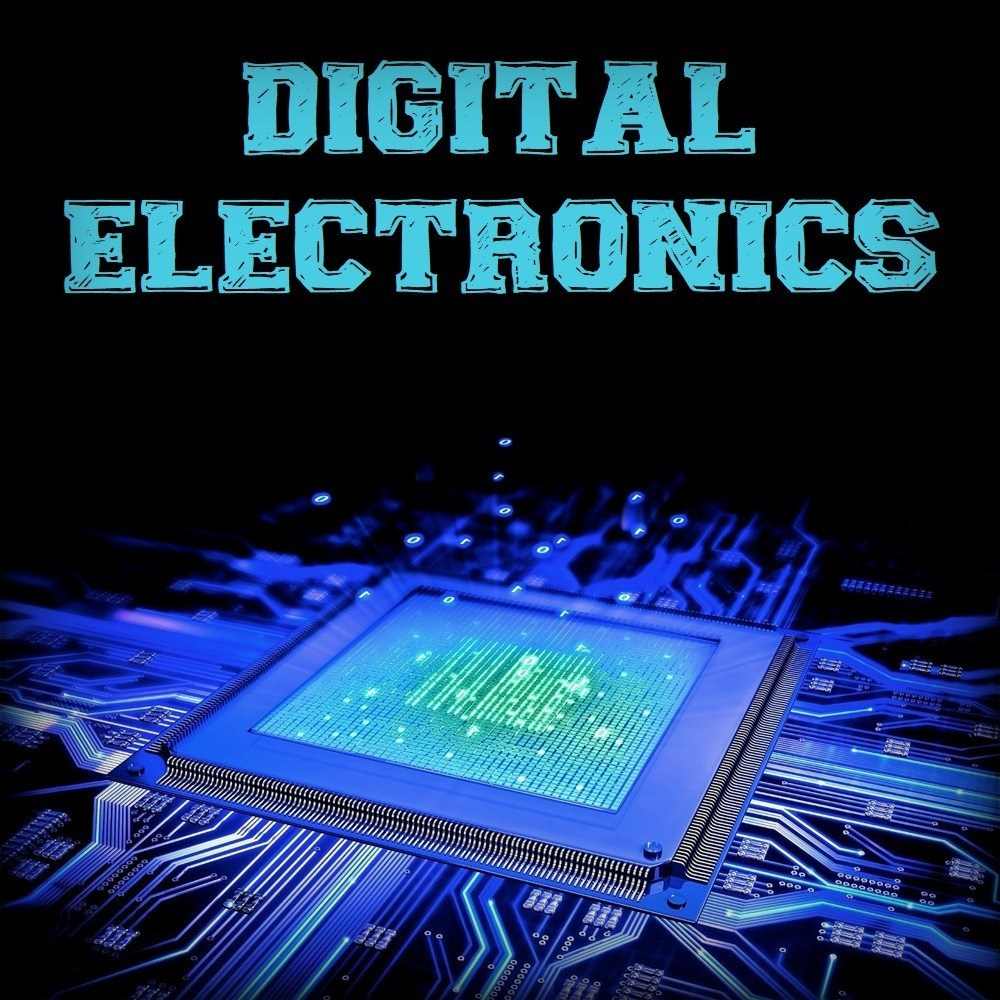Course objectives:
- Understanding the Basics of Digital Electronics:
- Learn the basic principles that distinguish digital electronics from analog..
- Dealing with digital components:
- Learn about logic gates and different digital components..
- Digital Circuit Design and Analysis:
- Learn how to design and analyze simple and complex digital circuits..
- Understanding counting and coding systems:
- Study of different number systems (binary, octal, decimal, hexadecimal).
- Working on practical applications:
- Implementing practical projects to apply digital concepts.
Course content in detail:
- Introduction to Digital Electronics:
- Difference between analog and digital electronics.
- Everyday applications of digital electronics.
- Counting and coding systems:
- Binary system(Binary):How to represent numbers in binary.
- Switch between systems:Convert numbers between binary, decimal and hexadecimal.
- digital coding:ASCII and BCD encoding.
- Logic gates:
- Main Gateways:AND, OR, NOT.
- Derivative gates:NAND, NOR, XOR, XNOR.
- truth tables:How to make truth tables for gates.
- Practical applications:Using logic gates in circuit design.
- Boolean Algebra and Circuit Design:
- Boolean algebra:Boolean algebra rules and how to simplify equations.
- Karnaugh diagrams(Karnaugh Maps):Use Karnaugh diagrams to simplify digital circuits.
- Circuit design:Steps to design digital circuits using logic gates.
- Sequential circuits:
- Flip-Flops:Flip-Flops types like SR, D, JK, T.
- Counters and recorders:Design of digital meters and data loggers.
- Applications:How to use sequential circuits in applications such as digital clock.
- Harmonic circuits:
- Complexes(Adders) and Comparators:
- Semi-complete complex design(Half Adder) and Full Adder.
- Generators and circuit encoders:
- Design of generators and circuit encoders for various applications..
- Practical applications and projects:
- Practical projects:Design and implement projects such as digital meter systems or simple microcontrollers.
- Circuit testing and analysis:How to use tools such as software simulation to analyze digital circuits.
Target groups:
- Engineering and Electronics Students:Those who wish to deepen their knowledge in digital electronics.
- Engineers and Technicians:Those working in the field of digital systems design.
- Hobbyists and programmers:Those interested in learning the basics of digital electronics to develop their projects.






